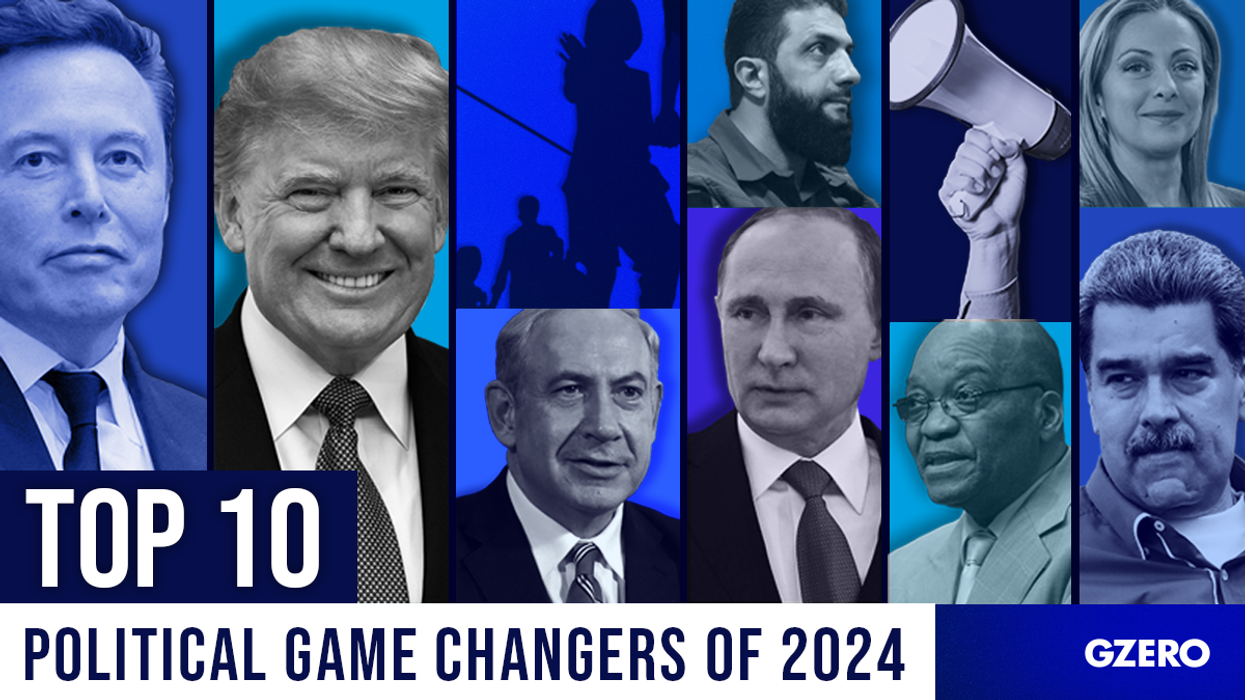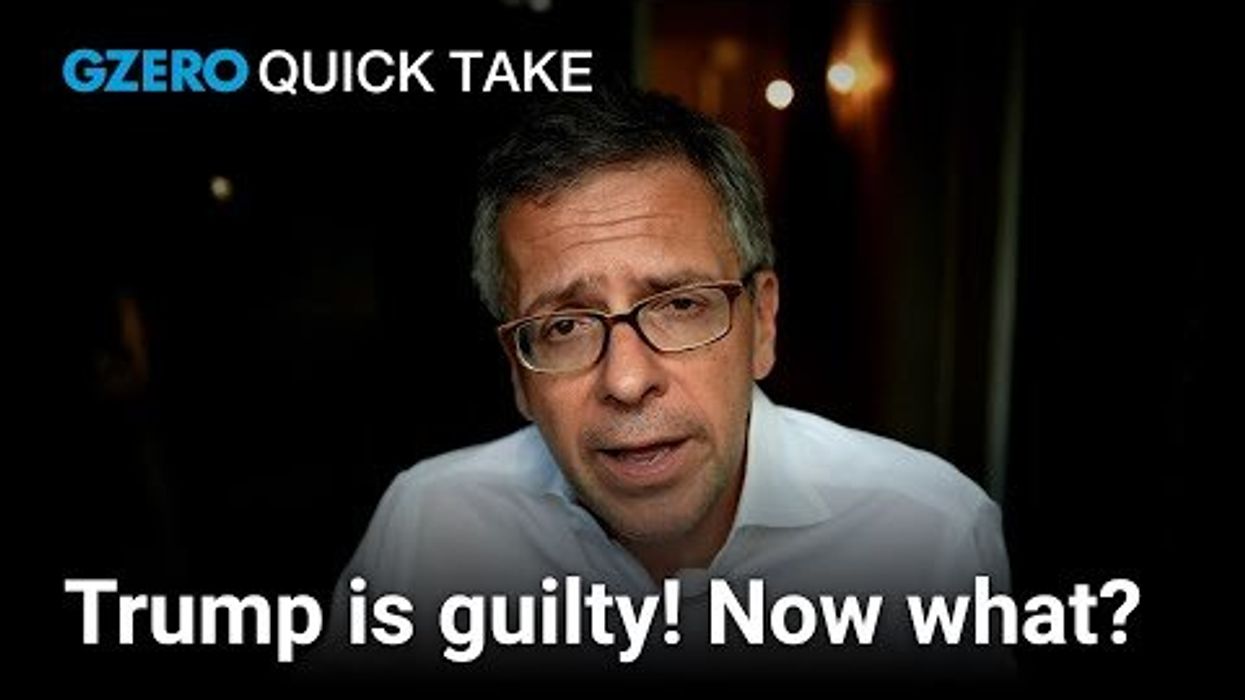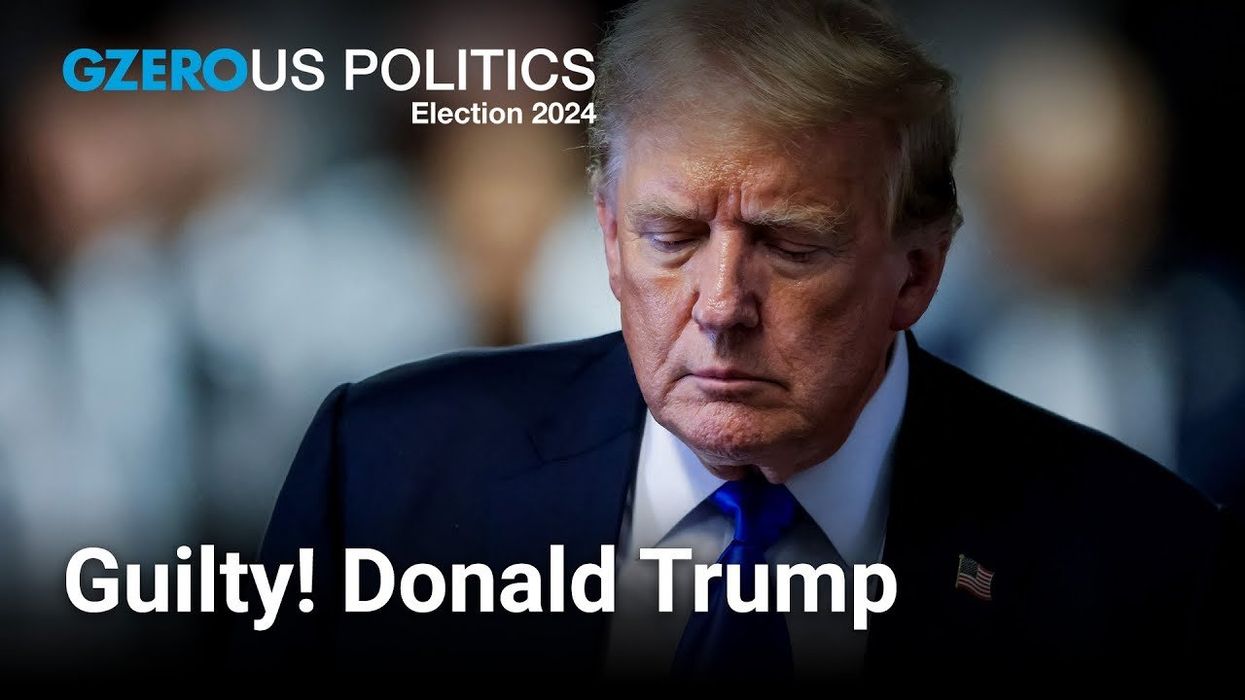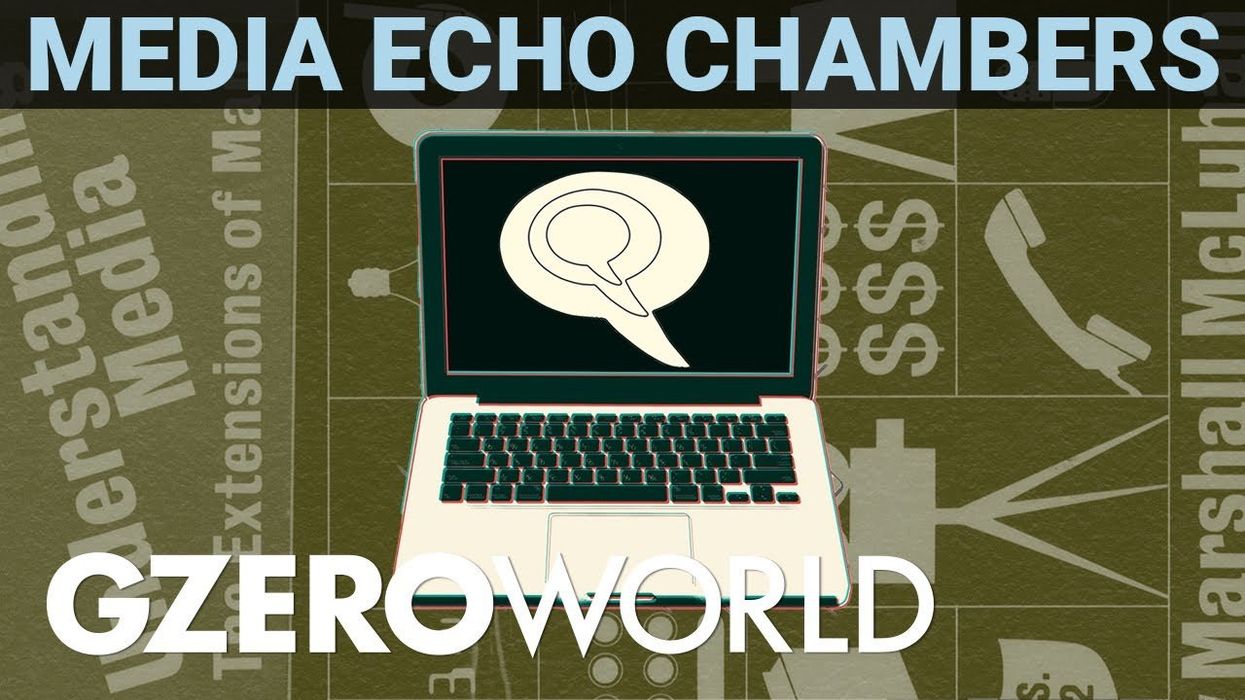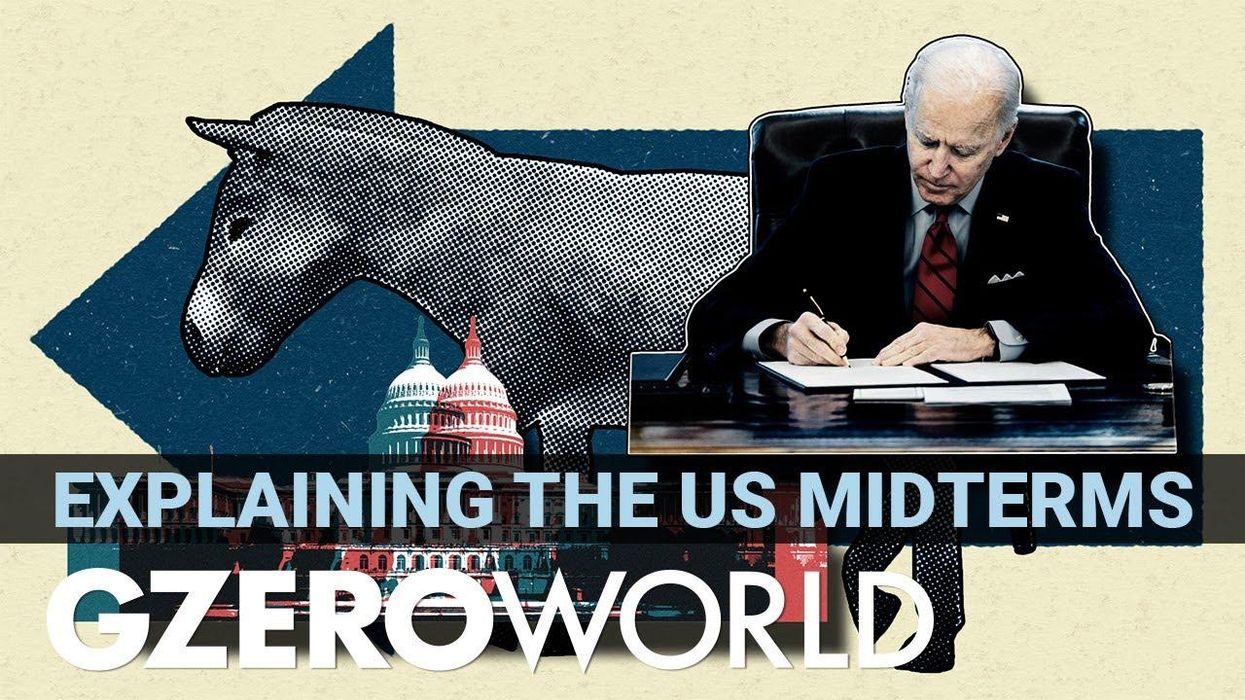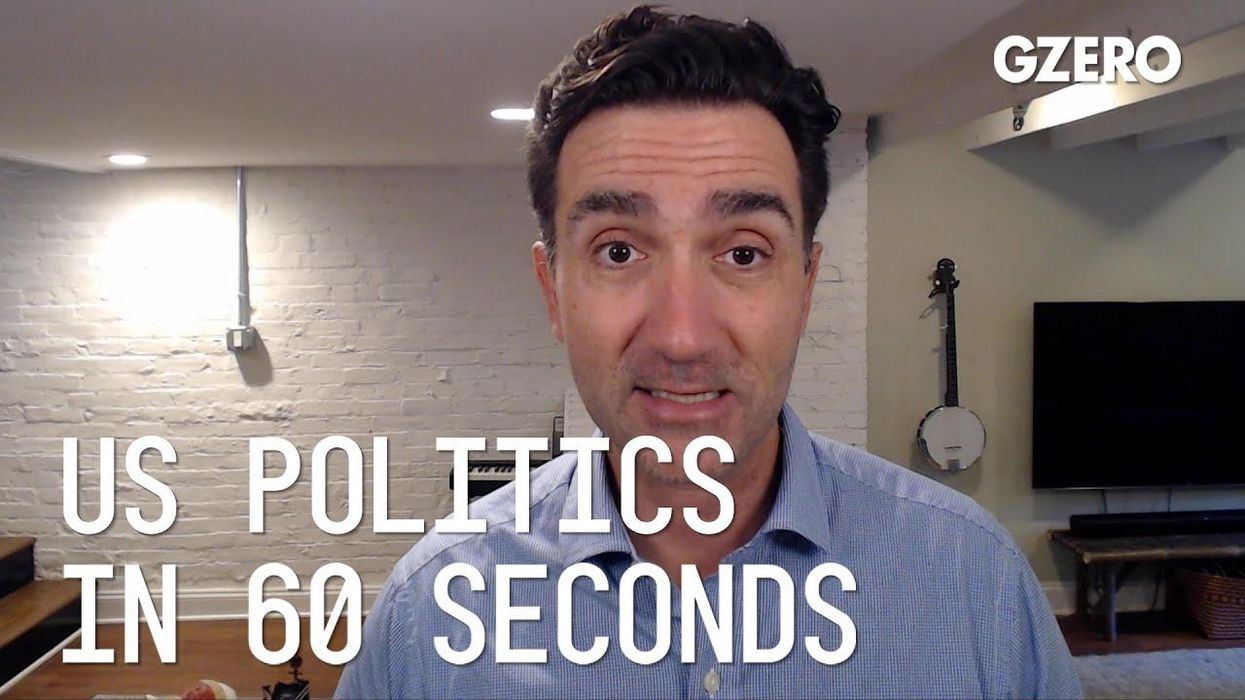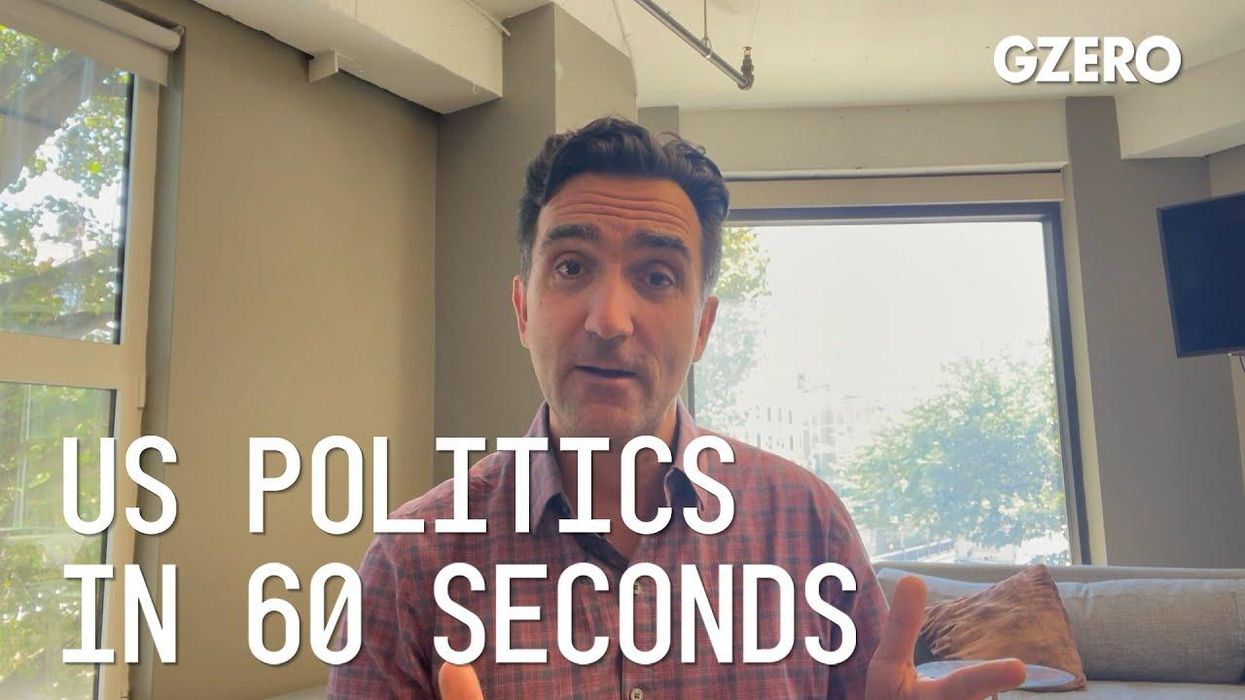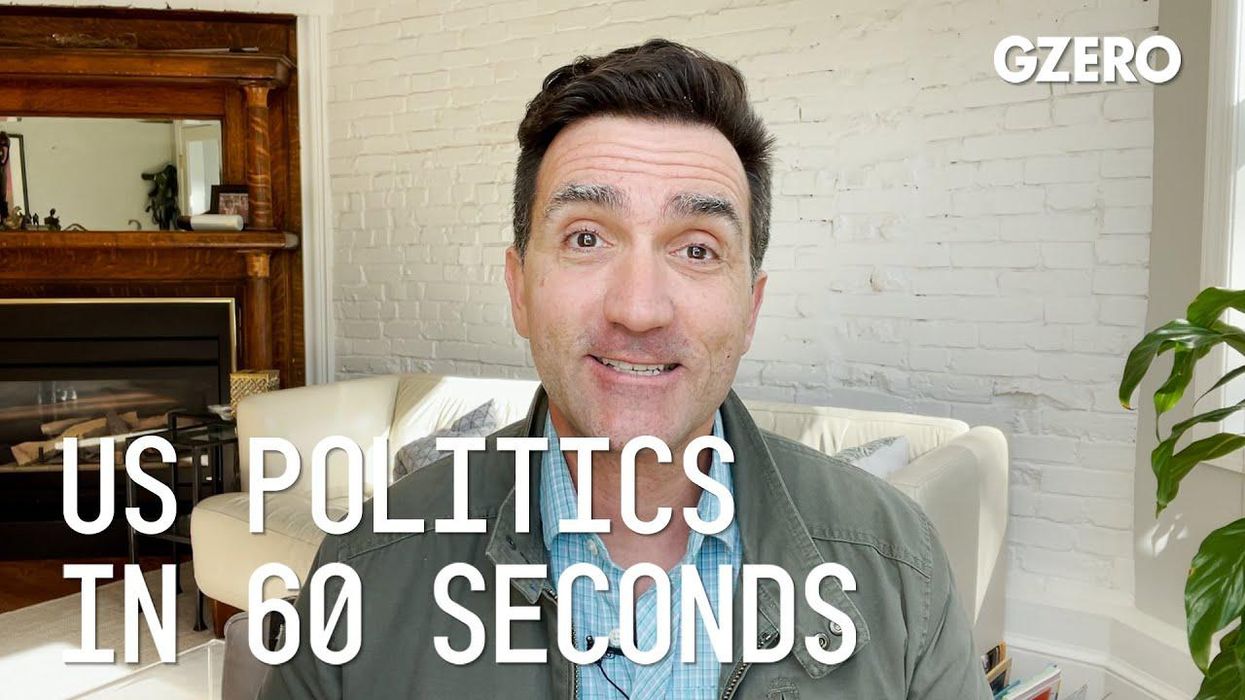Analysis
GZERO reveals the top 10 geopolitical game changers of 2024
2024 was a year of dramatic reversals. Some came at the ballot box, where long-ruling parties took a beating, anti-establishment figures stormed into power, or strongmen managed to see off what looked like fatal challenges. Some came on battlefields, where deadlocked conflicts began to break in one direction or another. And some came in how we think about politics and geopolitics more broadly.
Dec 12, 2024
